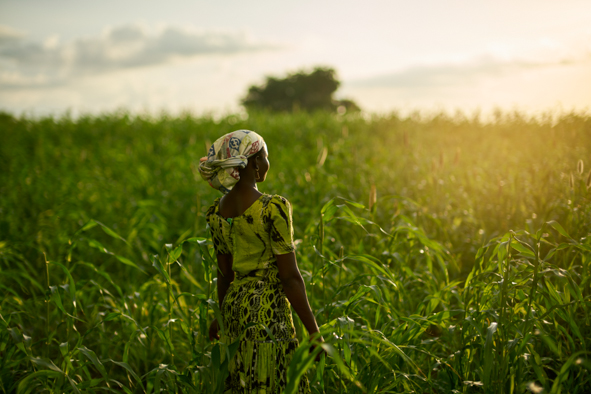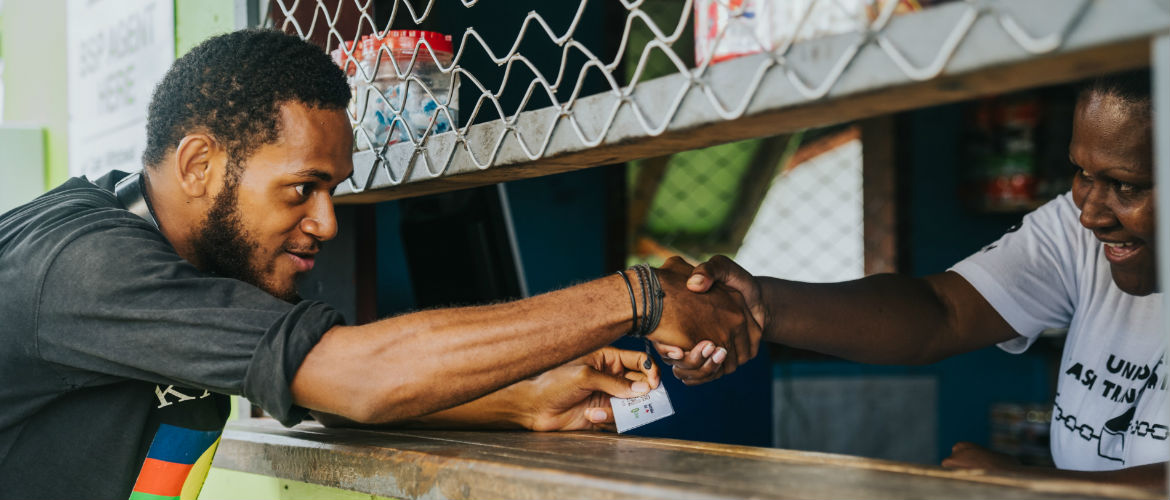Just 9 days are left until the end of negotiations to produce the world’s first legally binding Arms Trade Treaty. Can we maintain pressure on governments to secure a strong Treaty that actually makes a difference?
In “A Short Film About Guns” Oxfam’s Louis Belanger teams up with Greek-Cypriot director Minos Papas, providing a chilling insight into the illegal arms trade and how it functions across the globe. This is a sobering reminder that an effective Arms Trade Treaty is long overdue.
The short film features four experts on arms trafficking who recount their varying first hand experiences with the black market trade in areas of conflict and how the illegal flow of weapons facilitates loss of life and devastation: Kathi Lynn Austin, arms trafficking investigator; Ishmael Beah, former Sierra Leonean child soldier, author of “A Long Way Gone: memoirs of a Boy Soldier”; Paul Conroy, Sunday Times war photographer, recently injured while working in Syria and Stuart Franklin Platt, retired Rear Admiral US Navy.
The film is a fantastic insight into the complex global networks that allow arms to fall into the hands of human rights abusers and repressive regimes around the world and how an ATT could help. Watch the film to find out more and share!
Sign the petition for a strong, legally binding Arms Trade Treaty


 Doris*, daughter, 5; Pamila*, 2. Christina grows maize and she was shown how to make compost as part of the CRAFS (Climate Resilient Agriculture and Food Systems) programme.
Doris*, daughter, 5; Pamila*, 2. Christina grows maize and she was shown how to make compost as part of the CRAFS (Climate Resilient Agriculture and Food Systems) programme.